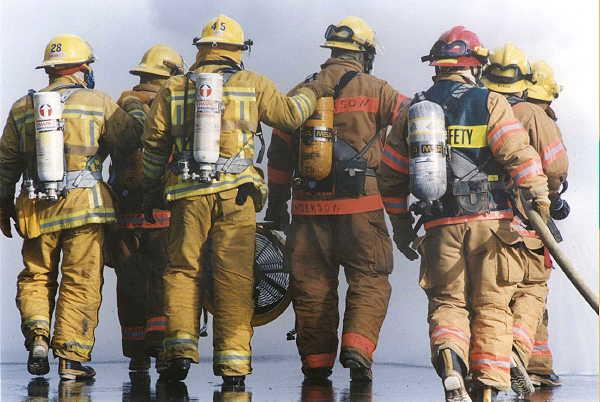Spring is almost here! The outdoors is already calling us to come and have loads of fun. It’s important to be ready.
We previously posted some tips about getting your vehicles ready for Spring:
- Prepping for Spring Fun: Recreational Vehicles
- Prepping for Spring: Getting the Boat Out
- Prepping for Spring: Getting ATV’s and Offroad Vehicles Ready For Adventure
- Prepping for Spring: Easy Ways to Get Your Car Ready for Spring
Now that your vehicles are ready for the season you should turn your attention to your house. Your living spaces are primed for spring cleaning, so follow these tips and get your home looking its best so you can enjoy the better weather even more.
Clean Your Gutters
Over the fall and winter, leaves and other debris collected in your gutters, and they are ready to be emptied. If you live in an area that gets a lot of Spring showers, then it’s crucial that you keep your gutters clear so that they can work properly. Now that the sun is out, you can take care of it in a day and be ready for the next rainfall.
Change Your Filters
Chances are that you have several appliances that use filters. A range hood, a built-in water dispenser for your fridge – all of them need to be changed regularly. Don’t forget your HVAC system. Springtime should serve as a reminder to get you to inspect and replace any filters that are looking worse for wear. Having this be a seasonal thing will ensure that you don’t forget about them.
Wash the Windows
Now that the sun is coming out and the weather is nice, you will want to let in as much light as possible. If your windows are still covered in Winter gunk and dirt, now is the time to make them spotless. Just be on the lookout for birds who may not realize that there’s glass in the way.
Take Care of the Lawn
You’ve been able to use the weather as an excuse to avoid mowing and raking leaves, but now you can’t keep avoiding it. When Spring arrives, it’s time to pull the lawnmower out and start trimming your grass.
In addition to the lawn, you should be checking all of your shrubs and plants to see how they fared over the Winter months. If they need treatment or pruning, you should take care of that now so that they can bloom well in the Summer.
Check Your Home Exterior
Take a few minutes to walk around your home and check for any damage, wear or other damage. Make a note of all items that need to be done and schedule a day that you will complete the tasks. This will ensure your house stays in top shape.
Make Sure Your Homeowner’s Insurance is Adequate.
Keeping your property in pristine condition is the whole point of Spring cleaning, but you still want to keep them insured adequately just in case. If you did your annual insurance review back in January, you already know for sure that your home is covered. If not, contact Bob Johnson Insurance (865-922-3111 or 800-624-3339)to schedule your insurance review. Our agents can help you understand your options and make sure that you have the coverage you need and want.






